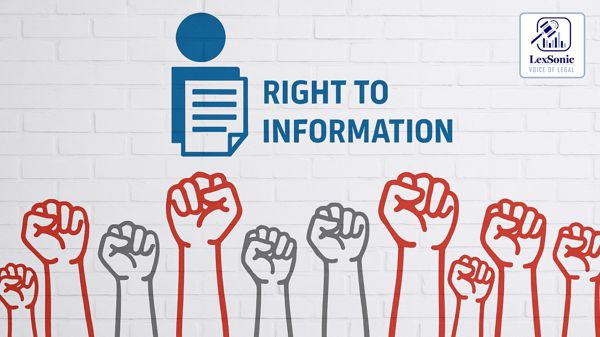Unveiling Justice: The Case of Suppressed Evidence and Legal Integrity.
01 July 2024
Wills/Trusts >> Family Law | RTI – Right to Information >> Miscellaneous
In a recent case of Kishore Tulshiram Mantri V/s Dilip Janak Mantri & Ors, a judicial decision that has sparked considerable debate and legal analysis, a significant case involving the purported suppression of crucial information has come to light. The case revolves around the matter of a partition decree and the subsequent discovery of a will that was allegedly concealed throughout the legal proceedings.
The background of the case, formally known as Special Civil Suit No. 575 of 2010, involves a dispute over ancestral property among family members. Initially filed by Plaintiff No. 1, the suit sought the partition of properties that were indisputably owned by Tulshiram Mantri, with Defendant No. 2 eventually joining as a co-plaintiff. The legal battle included several defendants, among them Defendant No. 8, who, as the case unfolded, became a central figure due to his actions and omissions.
The core issue that emerged during the execution proceedings was the sudden revelation of a will purportedly made by Tulshiram Mantri, the deceased father of the parties involved. This revelation came decades after the alleged preparation and registration of the will in 1970, raising questions about the timing and intention behind its disclosure.

Central to the controversy is a series of events beginning with a letter dated August 7, 2019, where Defendant No. 8 acknowledged having knowledge of his father's will and actively seeking it for several years. This acknowledgment came as a shock to the judicial authorities, as it contradicted Defendant No. 8's previous pleadings and statements throughout the protracted legal proceedings up to the second appeal and review stages. The letter revealed that Defendant No. 8 had deliberately chosen not to disclose crucial information about the will's existence, despite being aware of its potential significance to the case.
The legal ramifications were profound. The court, in its detailed analysis, highlighted the principle of constructive res judicata, emphasizing that Defendant No. 8's failure to disclose such critical information earlier in the proceedings precluded him from raising it during execution. This principle, grounded in the need for finality in legal disputes, underscores that parties cannot bring forth new evidence or claims that were within their knowledge but deliberately withheld during earlier stages of litigation.
Moreover, the court cited precedents and legal principles, including those delineated in Section 47 of the Code of Civil Procedure, which restrict the grounds on which an executing court can revisit a decree. It underscored that unless a decree is a nullity, such as being passed without jurisdiction or being void ab initio, an executing court cannot entertain challenges based on new facts or evidence that were available but not presented during the original trial.
The judgment, therefore, upheld the partition decree and dismissed Defendant No. 8's attempt to introduce the will as a basis for altering the partition decree. The court's decision rested on the grounds of delay, laches, and lack of due diligence on the part of Defendant No. 8, who failed to raise the issue of the will despite knowing about it for decades.
In conclusion, the case serves as a poignant reminder of the legal and ethical responsibilities of parties in litigation. It highlights the importance of full and transparent disclosure of facts, particularly those that could significantly alter the outcome of legal proceedings. The court's decision reaffirms the principle that legal processes must be conducted with integrity and adherence to procedural fairness, ensuring that justice is not only done but seen to be done.
As the legal community continues to dissect and analyze the implications of this case, it underscores the enduring challenges and complexities inherent in navigating the intersection of law, evidence, and ethical obligations in litigation.
Right to Information Act, 2005 Code of Civil Procedure, 1908
